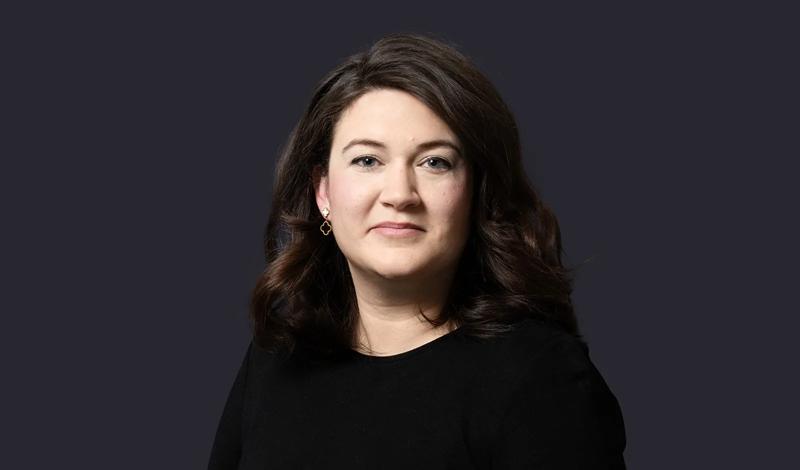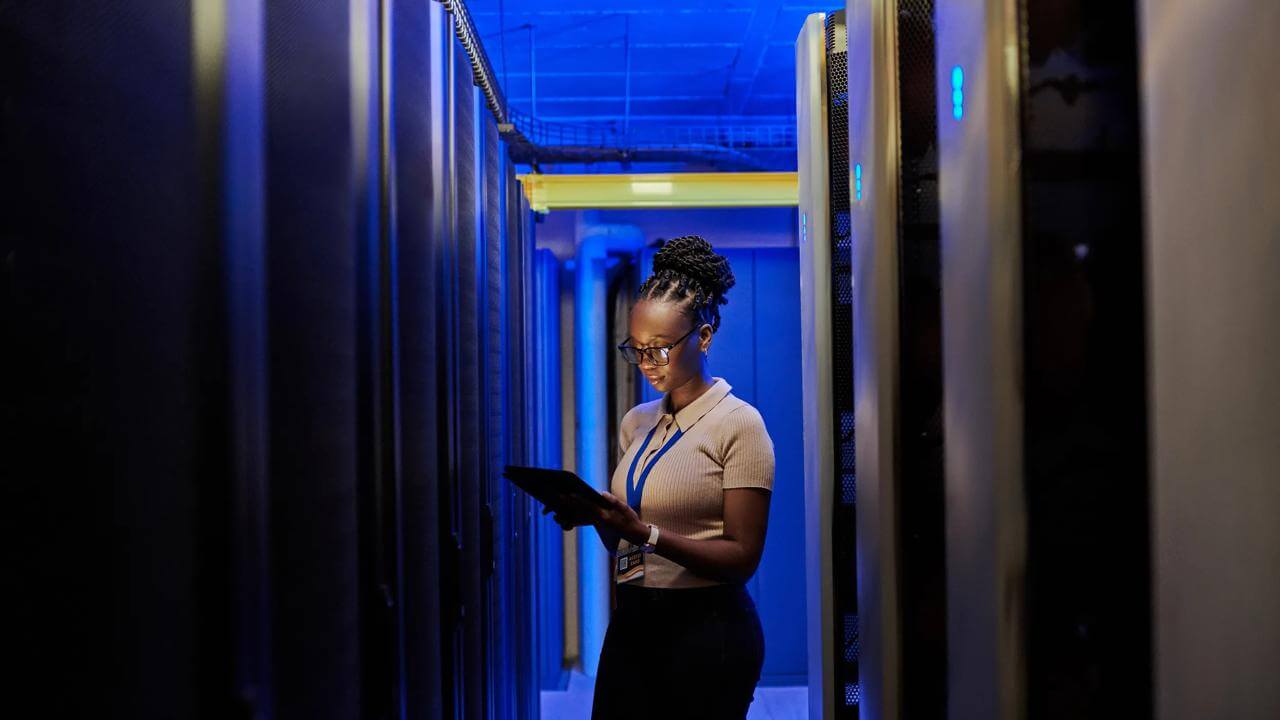Court of Appeal makes plea for legally enforceable arbitration for FRAND disputes
In the ongoing complex litigation between Optis Cellular Technology LLC and Apple Inc., the Court of Appeal ([2022] EWCA Civ 1411) has upheld the High Court’s findings that implementers of standard-essential patents (SEPs) cannot refuse to accept a FRAND license and continue activities in the meantime which constitute infringement: that party must commit to accept a court-determined license if it wishes to avoid an injunction.
This article was first published in November 2022 by The Patent Lawyer
In the ongoing complex litigation between Optis Cellular Technology LLC and Apple Inc., the Court of Appeal ([2022] EWCA Civ 1411) has upheld the High Court’s findings that implementers of standard-essential patents (SEPs) cannot refuse to accept a FRAND license and continue activities in the meantime which constitute infringement: that party must commit to accept a court-determined license if it wishes to avoid an injunction.
Optis alleged that Apple had infringed eight of its telecommunications patents (Optis Patents) through Apple’s 3G and 4G connected devices. Each of the Optis Patents had been declared ‘essential’ to the telecommunications standards of the European Telecommunications Standards Institute (ETSI), a standards-setting organization (SSO). Under its undertaking to ETSI, Optis was obliged to offer Apple a license of its patents (including the Optis Patents) on fair, reasonable and non-discriminatory (FRAND) terms. Optis alleged that it had done this, but its proposal had been rejected as Apple believed that the offer had not been FRAND. In the meantime, Apple had continued making use of Optis’ patents, holding out for better terms.
Six trials were listed to resolve the dispute. The sixth trial (Trial F: [2021] EWHC 2564 (Pat)) was intended to determine whether Apple was permanently disentitled to rely on Optis’ undertaking to ETSI and therefore be subject to an unqualified injunction. Meade J considered ETSI’s IPR policy, finding that the policy does not operate to protect implementers from infringement proceedings where that implementer has not first taken a FRAND license. Apple therefore needed to immediately enter into a license so as to no longer infringe. Apple’s argument that it was willing to enter into a license was rejected as, in reality, it only wanted a license on its own terms. However, Meade J disagreed with Optis that any refusal by an implementer to enter into a FRAND license permanently prevents that implementer from entering into a FRAND license at any later time. Consequently, he found that Apple should be injuncted unless it committed to taking a FRAND license.
Apple appealed, arguing that:
- any person who seeks a license in good faith is a beneficiary of the patentee’s undertaking to ETSI, and therefore protected from an injunction, regardless of whether that person commits to take a license upon terms determined to be FRAND by the court; and
- the implementer is only obliged to take a license (or else be injuncted) once both:
a SEP has been found valid and infringed; and
the FRAND terms of a license have been determined.
The Court of Appeal disagreed: there cannot be an indefinite period of negotiations between the parties as to what constitutes FRAND terms: where the parties cannot agree, it is for a court to resolve the issue. The implementer does not get to continue to operate without a license scot-free in the meantime. If Apple wanted to avoid the normal consequences of having been found to infringe, it could have committed to taking a license upon terms determined to be FRAND by the court; if it did not want to commit in this way, then it should have refrained from infringing.
The court also upheld Meade J’s decision regarding implementers not becoming permanently disentitled to rely upon the SEP owner’s undertaking. An implementer could change its mind at any time, at which point there is no reason why it should not be entitled to enter into a license on FRAND terms.
The court’s judgment affirms that implementers may not refuse to commit to enter into a FRAND license whilst continuing to make non-infringing use of the patents. Arnold LJ described patent infringement proceedings as often constituting a “war of attrition” which generally favors the implementer (as they may starve the patentee of royalties): this judgment is therefore likely to be welcome to patentees as it will encourage implementers to at least commit to enter into a license upon terms determined by the court.
In a post-script, Arnold LJ observed that this appeal illustrated “yet again the dysfunctional state of the current system for determining SEP/ FRAND disputes”, since “Apple’s behavior … could well be argued to constitute a form of hold out” (the implementer implements a technical solution covered by a SEP without paying the reasonable market value), whilst “Optis’ contention that an unqualified injunction should be granted would open the doors to hold up” (the owner of a SEP uses the threat of an injunction against implementers to obtain more favorable license terms). He considered that each side had “adopted its position in an attempt to game the system” and noted that the “only way to put a stop to such behavior is for [SSOs] like ETSI to make legally-enforceable arbitration of such disputes part of their IPR policies”. Whether SSOs adapt their IPR policies accordingly remains to be seen.
Author

Kara Shadbolt
Senior PR & Communication Manager
kara.shadbolt@brownejacobson.com
+44 (0)330 045 1111







































